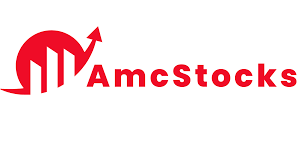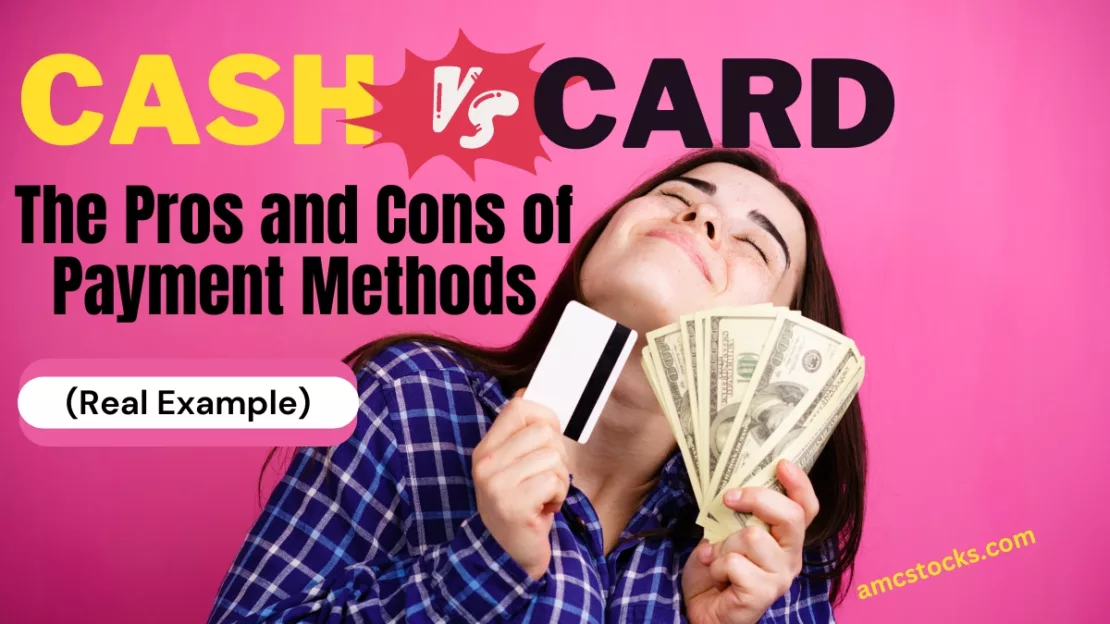In today’s world, we have a wide variety of payment options available to us. In this post cash vs card payment methods, we will take a closer look at the pros and cons of both cash and bank card payments to help you decide which option is best for you.
The Advantages of Cash Payments
One of the main advantages of using cash is that there are typically no transaction fees associated with cash payments. Additionally, paying with cash can be more private and secure as your transactions are not recorded and there is less risk of fraud. Another benefit of using cash is that it can be easier to stick to a budget as you can physically see how much money you have left. However, using cash also has some disadvantages such as the risk of losing it or the inconvenience of carrying large amounts of cash. Also, some businesses, especially online or larger ones may not accept cash as a method of payment.
| Pros | Cons |
|---|---|
| No transaction fees | Risk of losing cash |
| More private and secure | Inconvenience of carrying large amounts |
| Helps to stick to a budget | Limited acceptance in some businesses |
The Advantages of Bank Card Payments:
On the other hand, bank cards offer convenience and efficiency as they are widely accepted and easy to keep track of transactions and expenses. Some cards provide rewards and cashback, and additional perks such as rental car insurance or travel insurance. Some cards may also offer purchase protection in case of fraud or accidental damage. However, bank cards also have their drawbacks. Merchants often have to pay transaction fees for each transaction, which can add up over time.
Additionally, there’s a risk of fraud or loss, potential for overspending, and risk of identity theft. Some cards may also have annual fees and high-interest rates if not paid off in full.
| Pros | Cons |
|---|---|
| Convenient and efficient | Transaction fees for merchants |
| Widely accepted | Risk of fraud or loss |
| Easy to keep track of transactions and expenses | Potential for overspending |
| Can provide rewards and cashback | Risk of identity theft |
| Some cards provide additional perks such as rental car insurance or travel insurance | Some cards may have annual fees |
| Some cards may offer purchase protection in case of fraud or accidental damage |
In conclusion, both cash and bank card payments have their own advantages and disadvantages. It’s important to weigh the pros and cons of each method and consider your personal needs and circumstances before deciding which option is best for you.
When it comes to cash payments, the main advantage is the lack of transaction fees, and the ability to maintain privacy and security. However, cash also comes with the risk of losing it and the inconvenience of carrying large amounts of cash, and some businesses may not accept it as a method of payment.
On the other hand, bank card payments offer convenience, efficiency and are widely accepted, it’s easy to keep track of transactions and expenses. Some cards provide rewards and cashback, additional perks such as rental car insurance or travel insurance and purchase protection in case of fraud or accidental damage. However, bank card payments are not free, merchants often have to pay transaction fees for each transaction, which can add up over time, and there’s a risk of fraud or loss, potential for overspending, and risk of identity theft, and some cards may have annual fees and high-interest rates if not paid off in full.
Payment Methods in Real Example
Why pay with cash everywhere instead of a bank card?
– I have a €50 bill in my pocket and I will take it to a restaurant and pay for my dinner with it.
The restaurant owner uses this €50 to pay his bill at the car wash.
Car wash owner pays for his haircut at his barber.
The hairdresser uses this €50 for the checkout at the supermarket.
After an unlimited number of payments my 50-50 note remains the same meaning it has served its purpose for all who used it as payment and the bank has no work or interference in any issue.
BUT WHAT
– IF I go to a restaurant right now and digitally pay with my bank card,
– the cost of my digital payment, which is billed to the restaurant owner, including transaction costs in percentage, is an average of 2.5%, which then amounts to 1.25€ for each further payment transaction.
(This means that every next payment transaction costs €1.25)
– the same cost is applied when the restaurant owner pays his bill digitally at the carwash,
– the payments of the car wash owner at the hairdresser,
– the next payments too etc.
Therefore, after the first 36 transactions, out of that 50 € only 5 € remain and the remaining 45 € have become the property of the bank… Thanks to all digital transactions and fees!
In addition, the cost of a debit card is on average €2.25 per month, so your €50 after a month of saving is only worth €47.75
Gone is gone you only spend it once m so is cash better than debit cards ?
Cash is King !
Paid Online Writing Jobs – Get Paid To Do Simple Writing Jobs Online
In the end, it’s important to find the payment method that works best for you and your lifestyle, whether it’s cash, bank card, or a combination of both.




